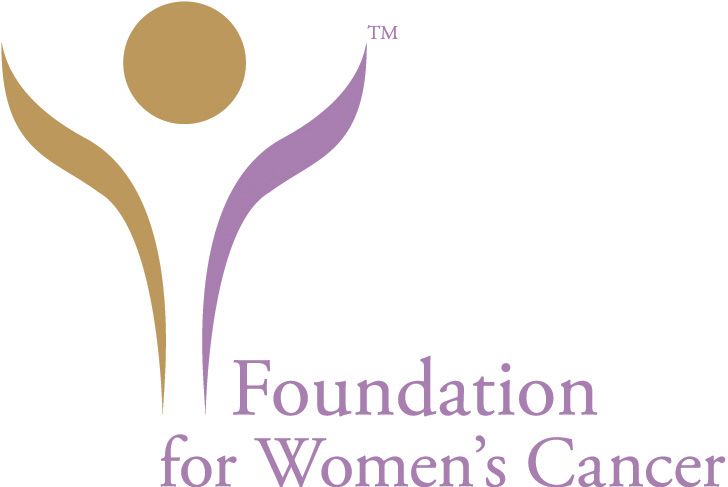
#IWishIKnew Campaign Collaboration for Gynecologic Cancer Awareness Month

CHICAGO, IL — September is Gynecologic Cancer Awareness Month (GCAM). The American Cancer Society estimates that in 2018 over 110,000 women will be diagnosed with a form of gynecologic cancer and 32,000 will die from the disease. Gynecologic cancers include cervical, ovarian, uterine/endometrial, vaginal and vulvar cancer. GCAM is an opportunity for organizations and people to spread awareness and education about gynecologic cancers.
This year, the Foundation for Women’s Cancer (FWC) is collaborating with SHARE Cancer Support, National Ovarian Cancer Coalition (NOCC) and Tell Every Amazing Lady (T.E.A.L.®) on a national social media campaign featuring the voices of real people. Survivors, patients, medical staff, advocates and friends are encouraged to post messages about what they want the public to know about gynecologic cancers using #IWishIKnew throughout the month.
“Ovarian cancer is not totally silent. It whispers and needs to be heard. Learn the symptoms, the risks, and what you can do to help prevent getting it. Stay educated! Most importantly, don’t ignore any symptom, no matter how vague. Listen to your body.” — Pam, Stage 3C, Diagnosed 2004
“I think patients would want people to know how extremely common the HPV virus (human papilloma virus), which causes cervical, vaginal and vulvar cancer, is and that the majority of people who have ever been sexually active have been exposed to it. So, while technically it is a sexually transmitted infection, the virus and the cancers that it can cause should not be associated with any stigma.” — Emily Hill, MD, University of Iowa Hospitals and Clinics, IA
Aside from sharing knowledge and creating a sense of community, this campaign serves as a reminder not to ignore even minor symptoms and to seek a gynecologic oncologist who can manage gynecologic cancer care from diagnosis to completion of treatment.
“One thing that comes up often with my patients diagnosed with uterine/endometrial cancer is they didn’t think they had post-menopausal bleeding because they ‘only bled once’ or it was ‘just spotting.’ Post-menopausal bleeding, no matter the frequency or severity, should always warrant evaluation.” — Jennifer Mueller, MD, Memorial Sloan Kettering Cancer Center, NY
Learn more about the #IWishIKnew campaign at iwishiknewovca.com or about GCAM and how to get involved at foundationforwomenscancer.org/gcam.




